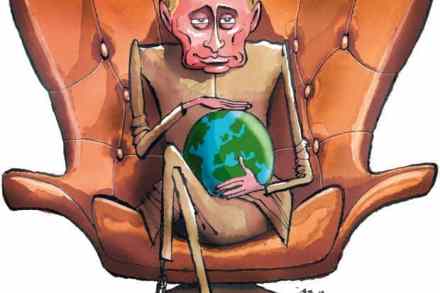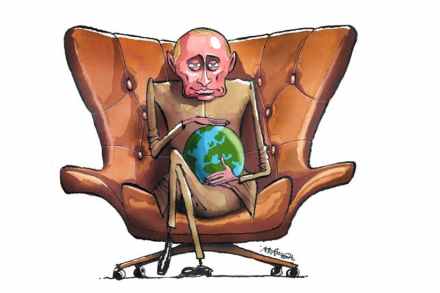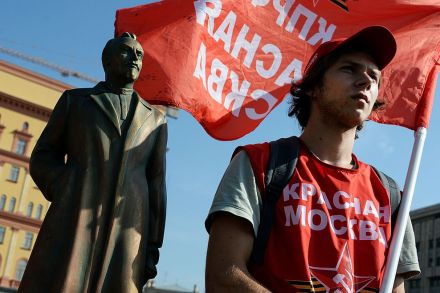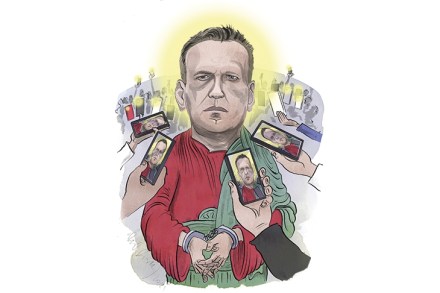Is Russia ready for life after Putin?
When Russians headed to the polls last week, the Duma election results were never in doubt: Putin’s United Russia party won two-thirds of the seats, while the rest went to the tame ‘systemic opposition’. But even if the outcome wasn’t a surprise, the manner of Putin’s victory should ring alarm bells about what happens in Russia when he eventually departs. The Kremlin ‘won’ the Duma elections insofar as United Russia received the number of seats it wanted. It did this on just 50 per cent of the vote, down on previous elections, with widespread violations, and at the cost of what little credibility the electoral process still enjoyed. In regimes















